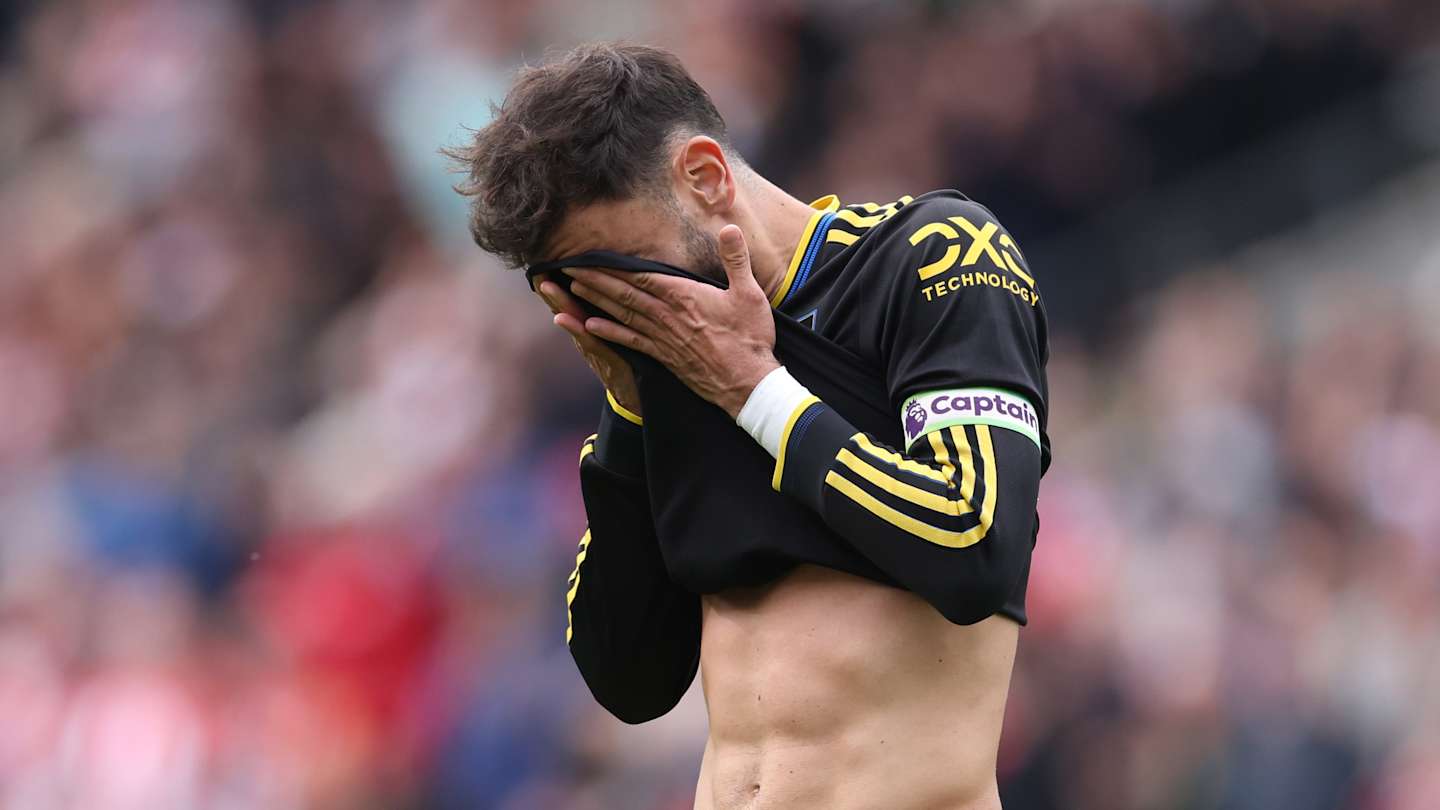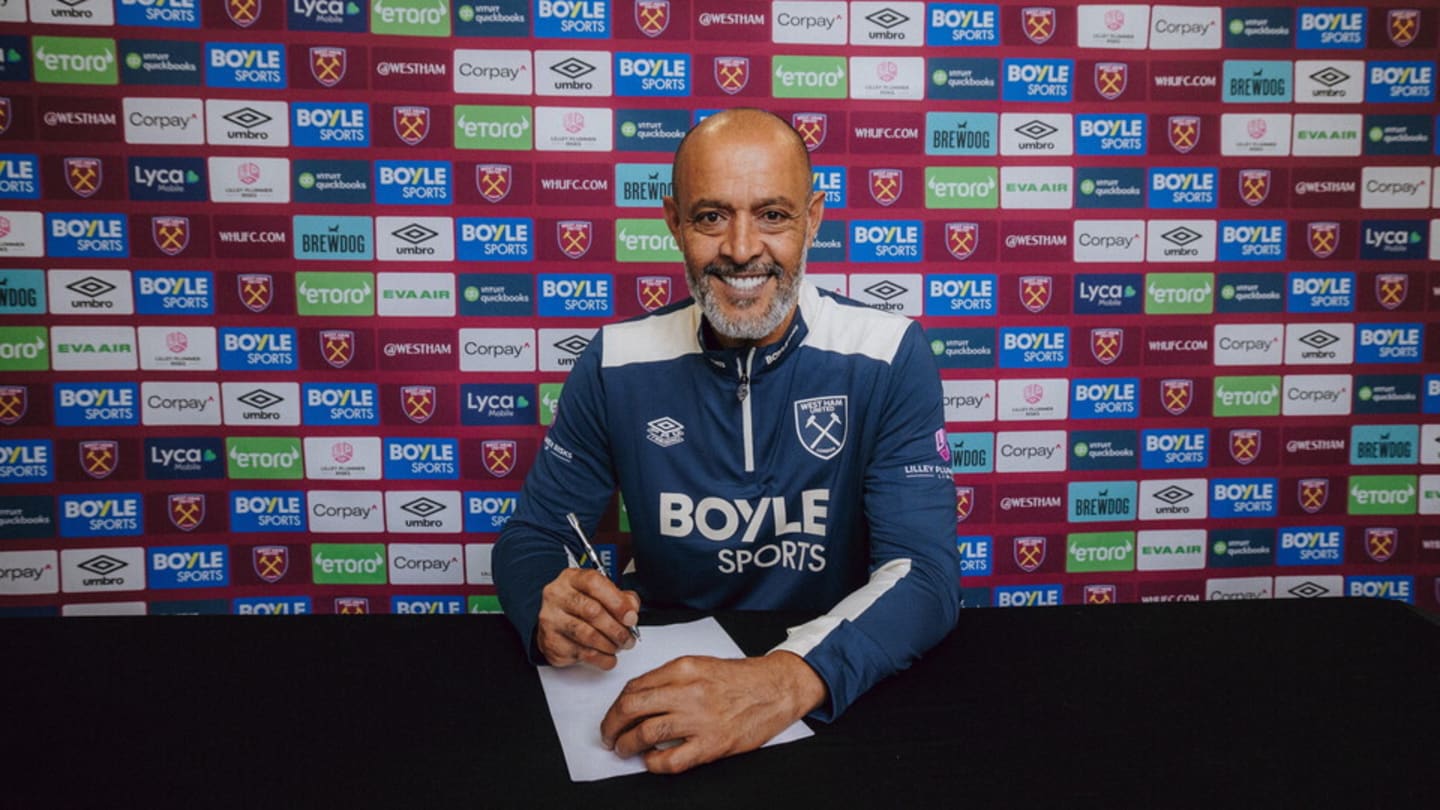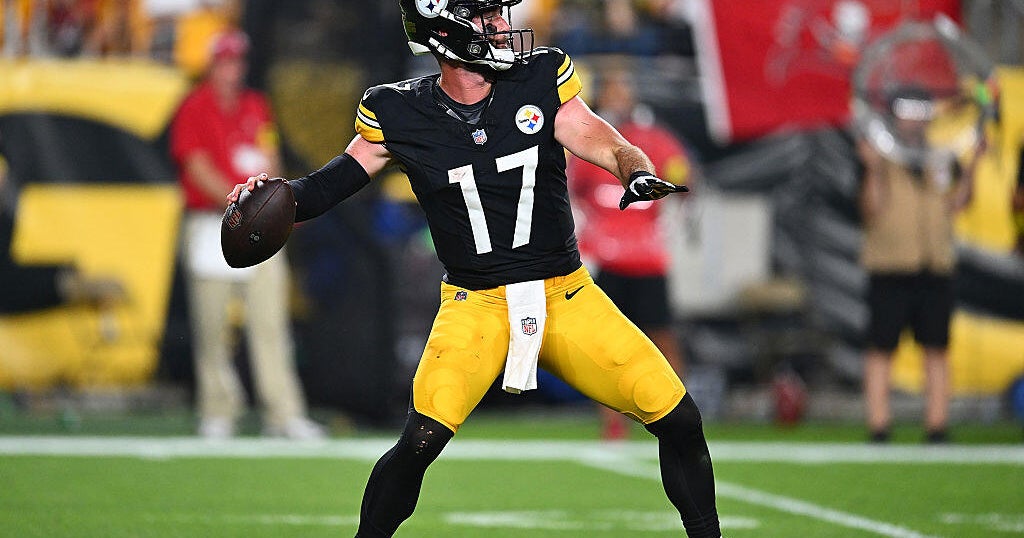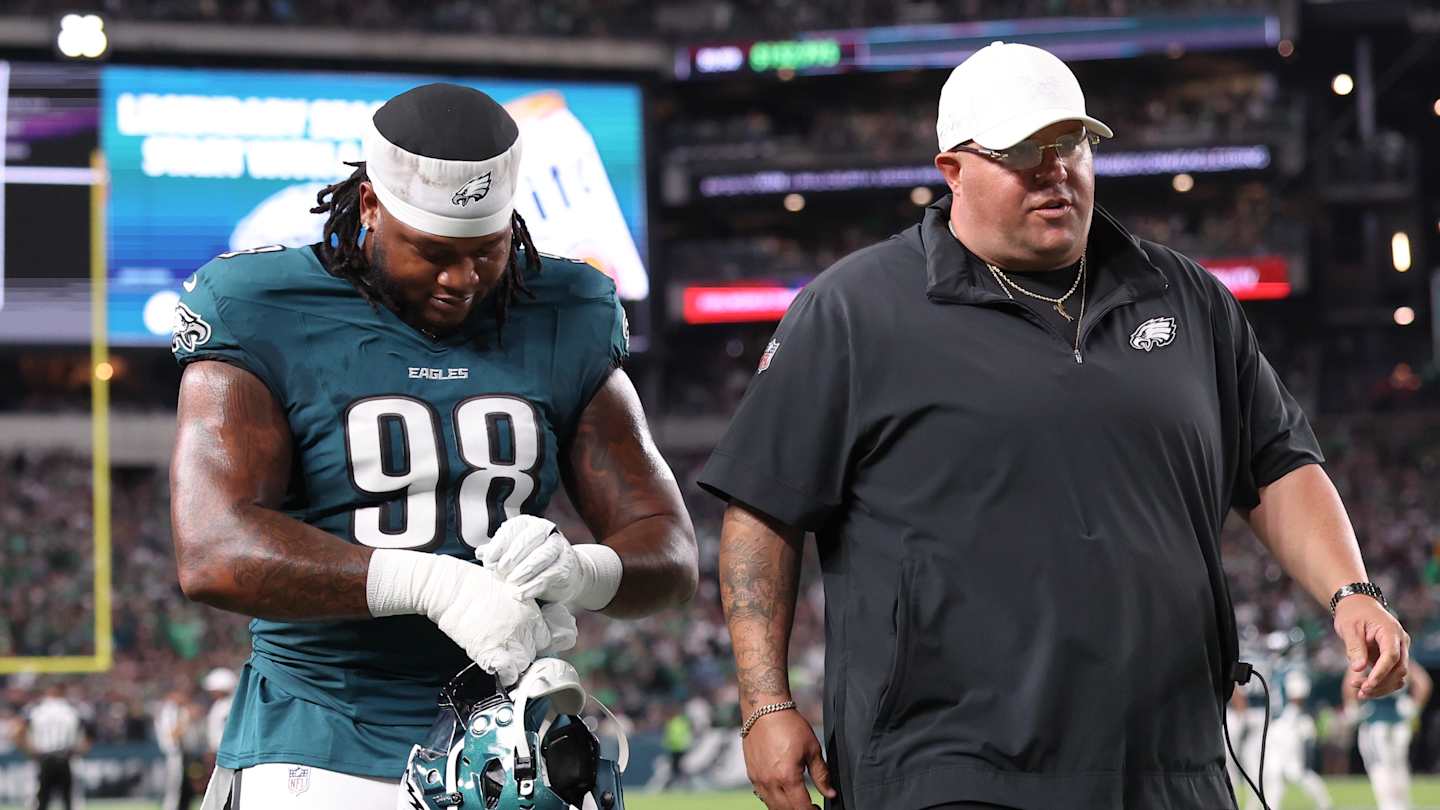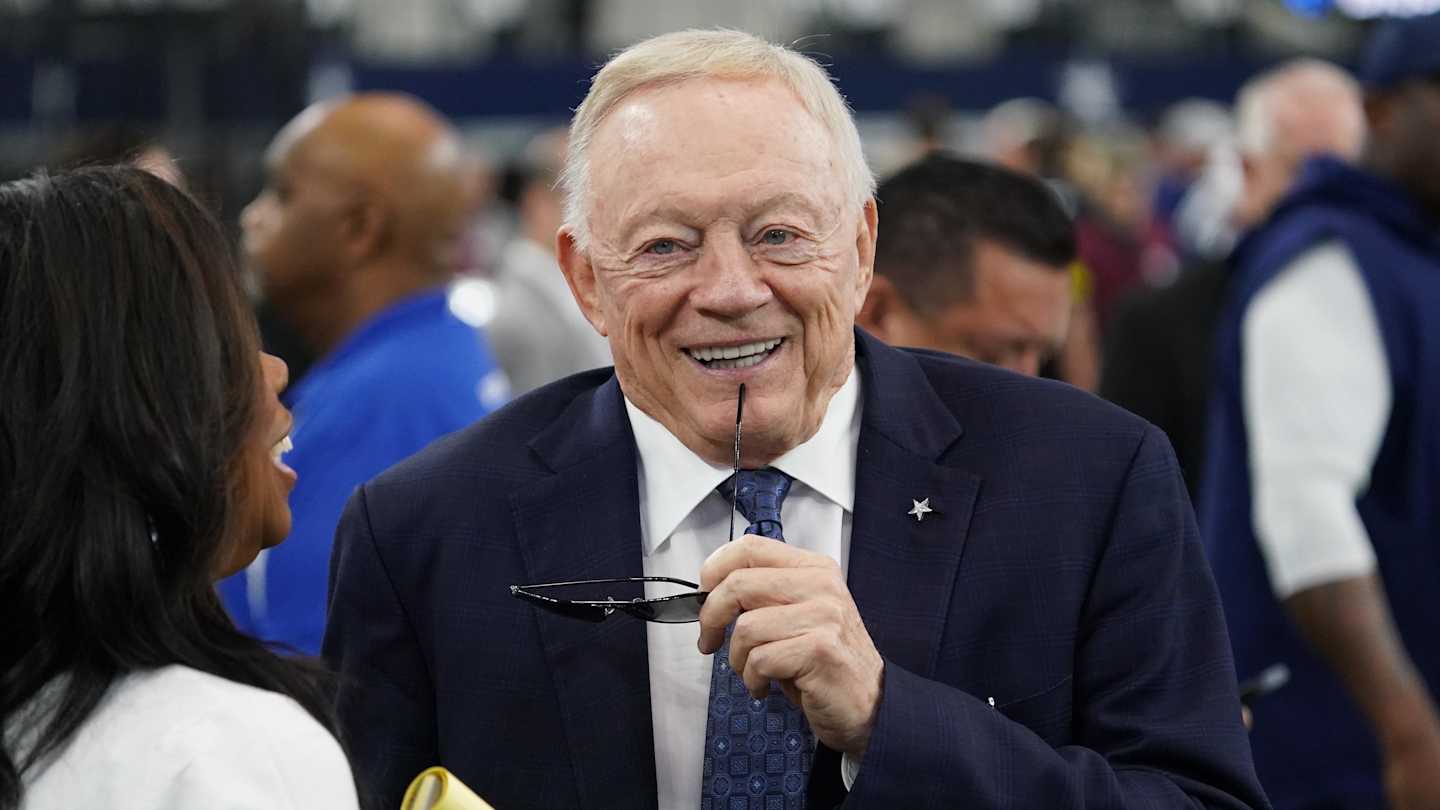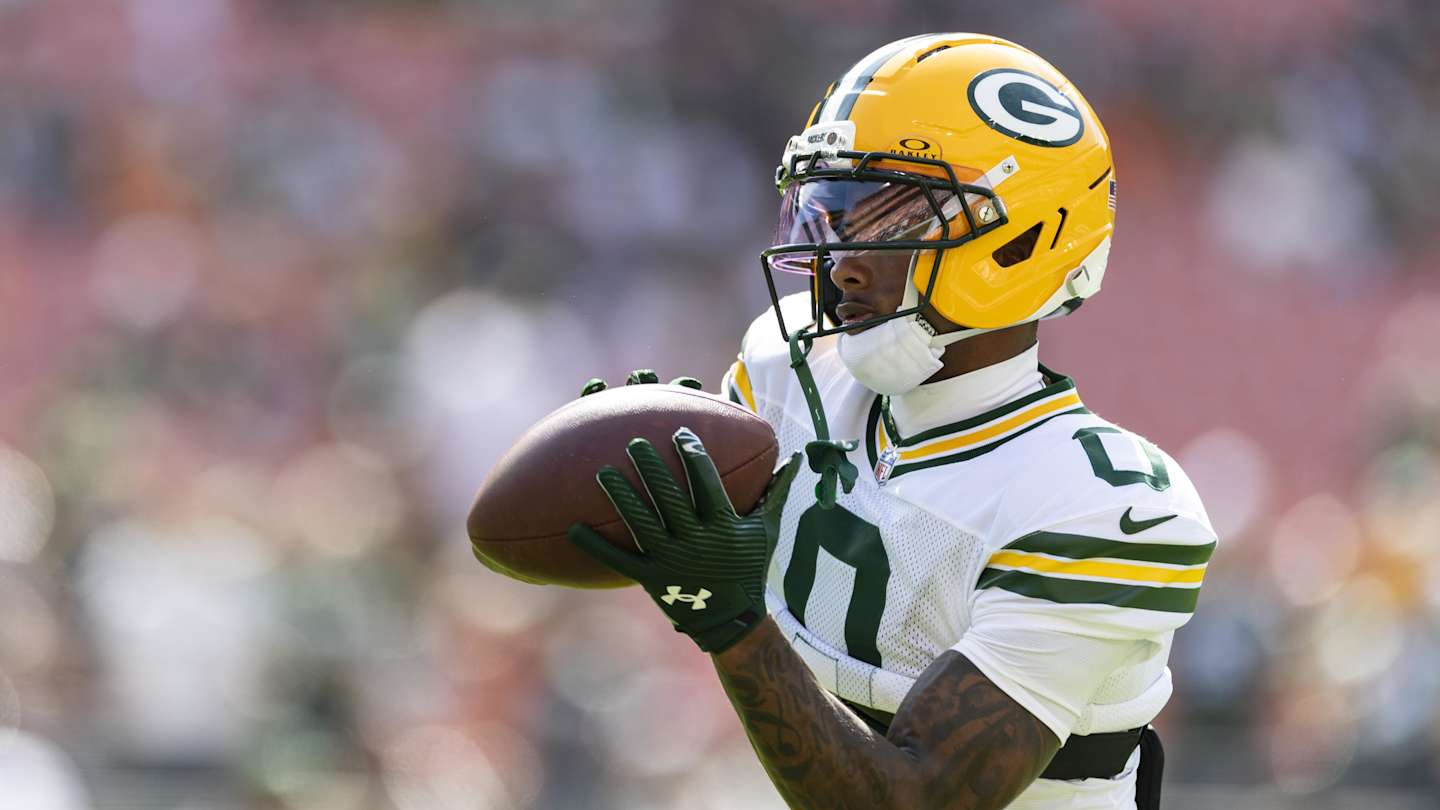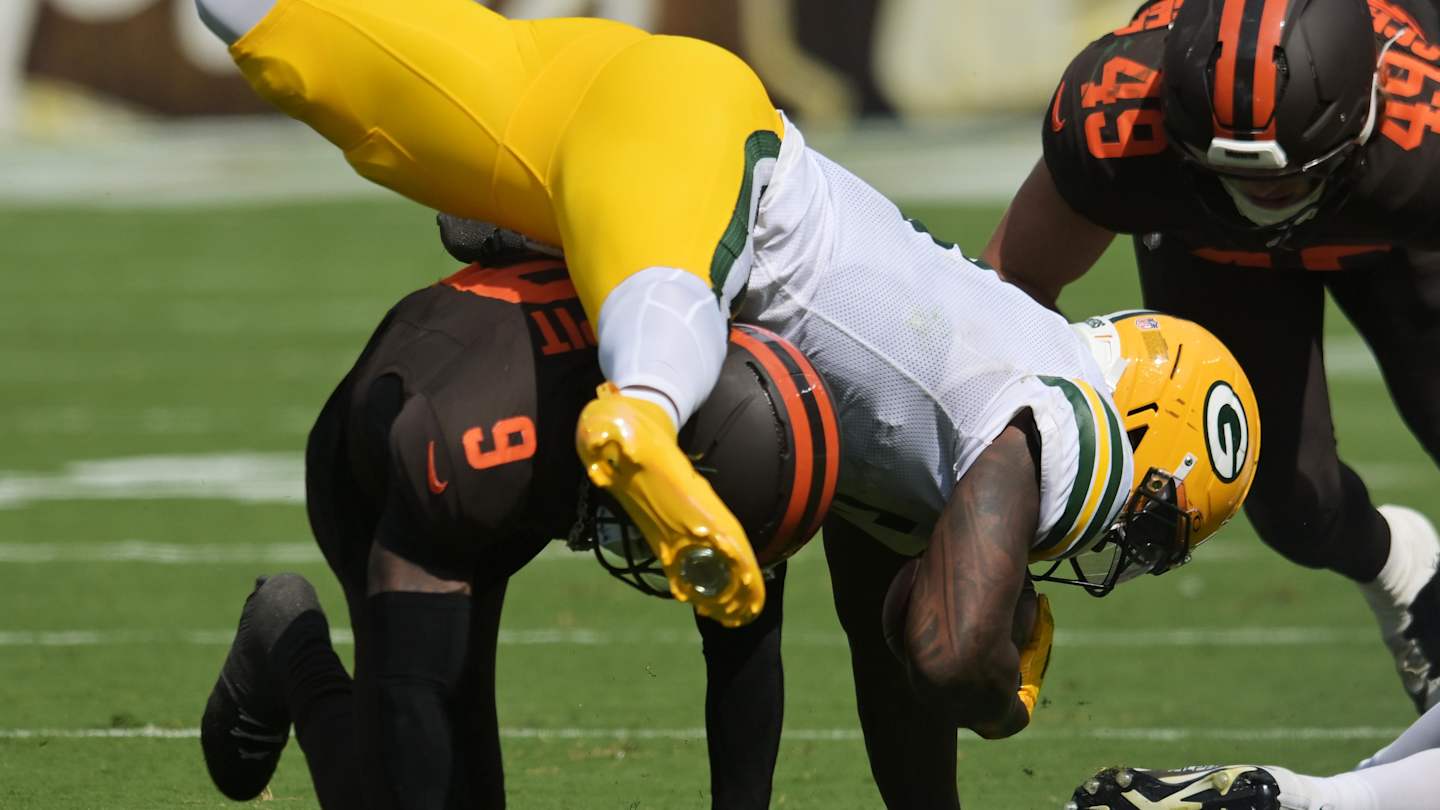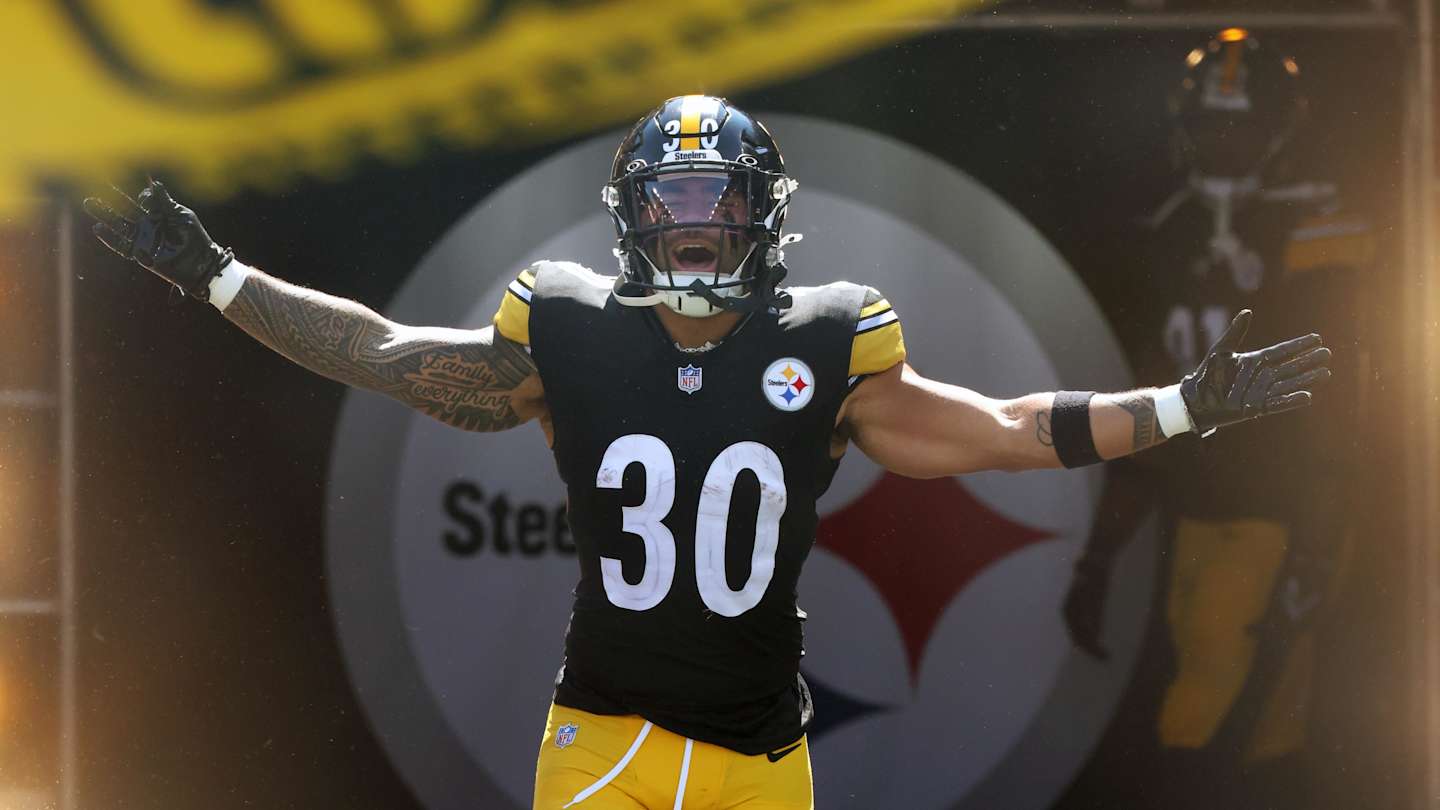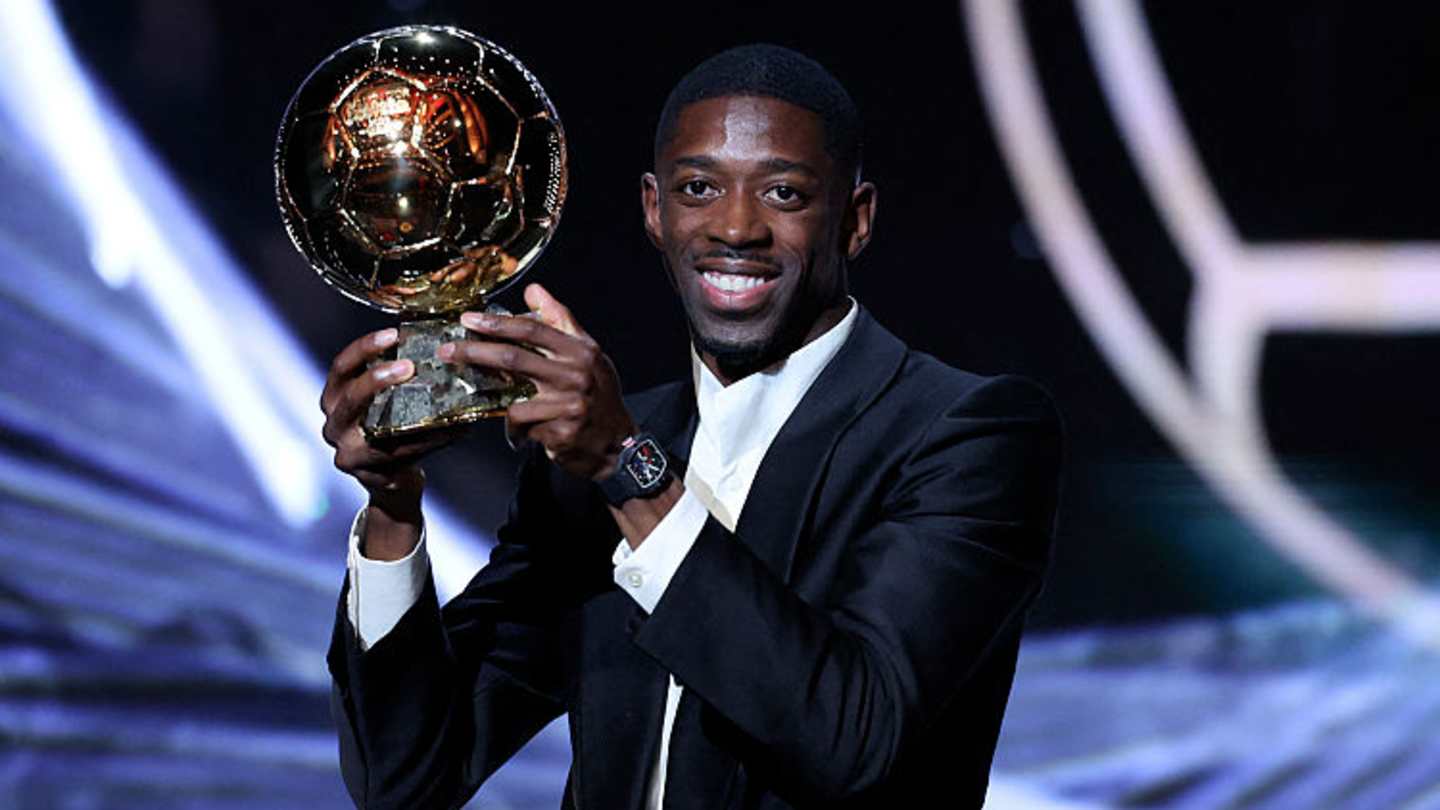
Ousmane Dembélé’s emphatic victory in the 2025 Men’s Ballon d’Or wasn’t just a win; it was a resounding statement. Finishing a considerable distance ahead of Barcelona’s Lamine Yamal, Dembélé’s triumph reflects a year of unparalleled impact and success. As a long-standing Ballon d’Or juror, I believe his performances, particularly in the Champions League, made him the undeniable choice for football’s most coveted individual prize.
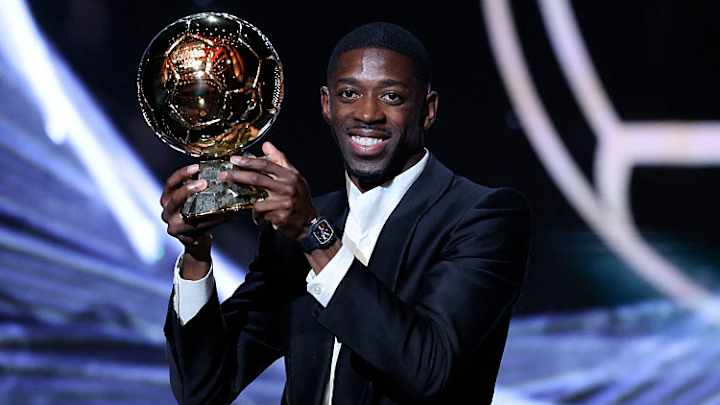
The Landslide Victory Explained
The Ballon d’Or isn’t simply awarded to the ‘best’ player in the world; it recognizes the player who has had the most exceptional year. While talents like Lamine Yamal and Mohamed Salah undoubtedly excite and captivate, neither delivered a year as consistently brilliant and successful as Dembélé did with Paris Saint-Germain. This fundamental principle guided my vote.
Dembélé amassed an impressive 1,380 points, a staggering 321 points clear of second-placed Yamal. Out of 100 top spots awarded by Ballon d’Or jurors, Dembélé received 73, compared to Yamal’s 11. The remaining 16 votes were distributed among Vitinha (6), Salah (4), Achraf Hakimi (3), and one each for Kylian Mbappé, Khvicha Kvaratskhelia, and Scott McTominay. These numbers underscore the breadth of support for Dembélé’s claim.
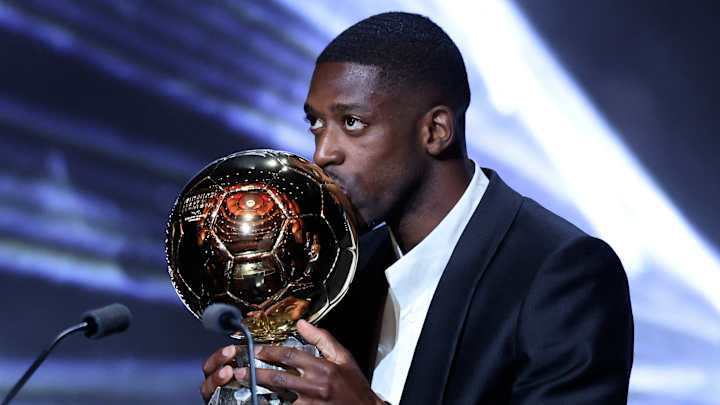
Champions League Dominance: The Defining Factor
With no World Cup or European Championships during the review period (August 1, 2024, to August 1, 2025), the UEFA Champions League was always destined to be the primary stage for individual brilliance. Dembélé’s performances in Europe’s premier club competition were nothing short of spectacular, making it undeniably “L’Année Dembélé.”
His impressive tally of eight goals and six assists, crucially including match-winning strikes away at Liverpool and Arsenal, led to him being crowned the Champions League Player of the Season by UEFA’s technical observer group. These decisive contributions in high-stakes encounters showcased his ability to perform when it mattered most, a hallmark of a true Ballon d’Or winner.
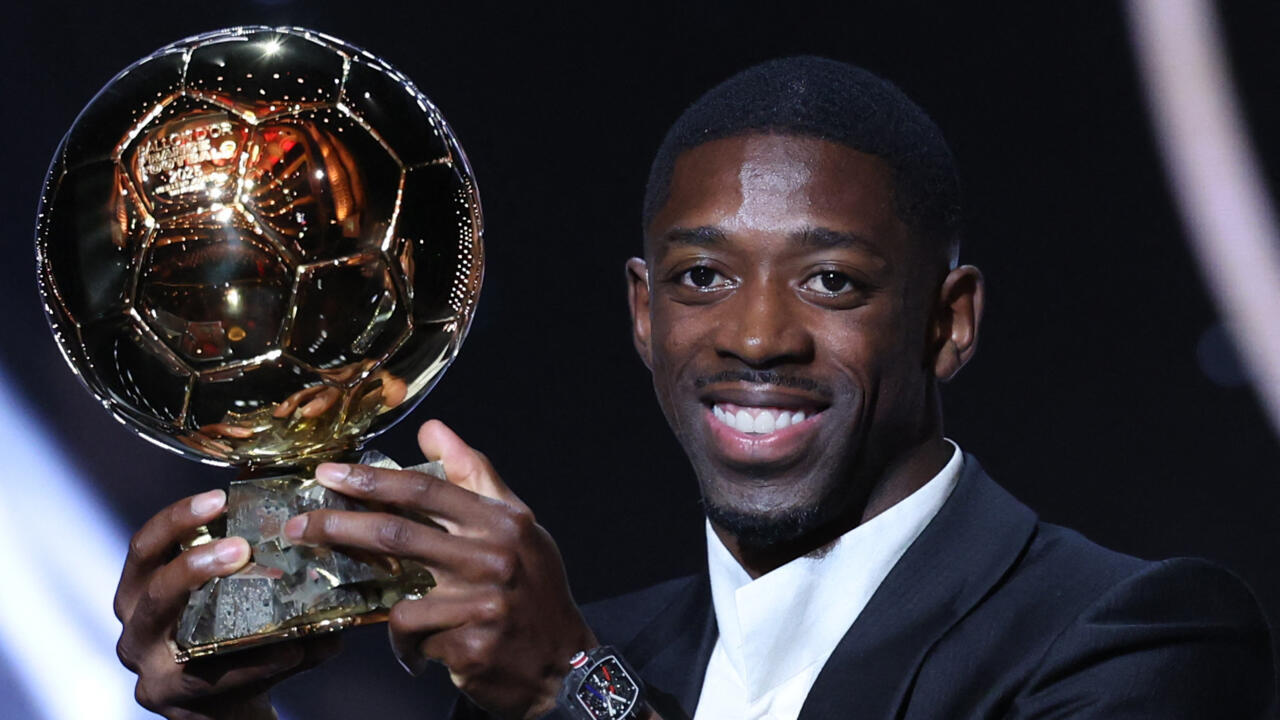
The Rigor of the Voting Process
As a Ballon d’Or juror since 2006, representing one of the 100 top-ranked footballing nations, the voting process is meticulous and time-consuming. I begin with the 30-man shortlist “curated” by experts from France Football, the meticulous organizers. My assessment involves reviewing countless hours of video footage, cross-referencing notes from covering players throughout the season, and analyzing detailed data provided by France Football, alongside other preferred metrics.
Crucially, statistics like goals and assists are always viewed within their proper context: were they scored in pressure moments? This provides invaluable insight into a nominee’s character and influence on a game. It’s an extensive undertaking, often requiring a full day of dedicated study. It’s a profound honor to contribute to this esteemed award.
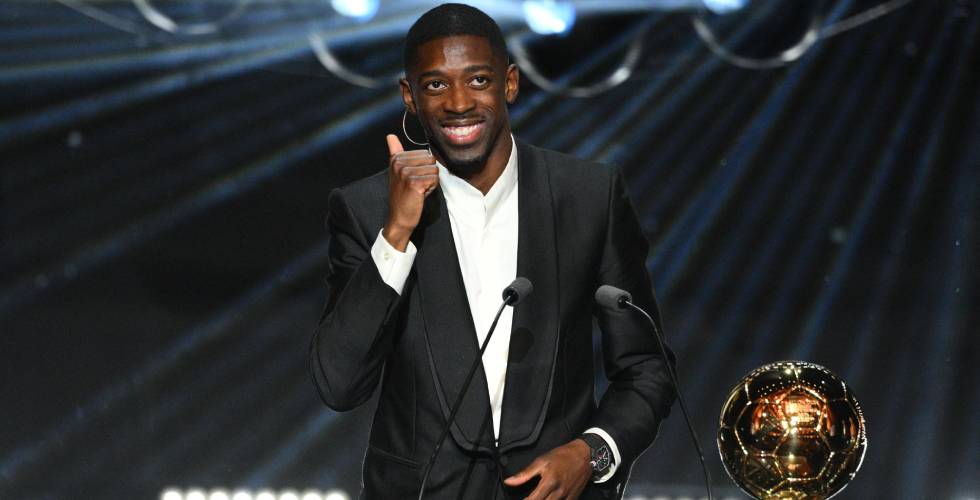
Adhering to the Criteria: Individual Performance, Team Success, and Fair Play
The organizers’ three main criteria are paramount: “individual performances, decisive and impressive character; team performances and achievements; and class and fair play.” Throughout my tenure as a juror, this has often meant distinguishing between two titans, Lionel Messi and Cristiano Ronaldo, based on who had the superior year. Their eight and five Ballon d’Or wins, respectively, attest to their sustained excellence, but in many instances, the decision came down to a razor-thin margin based on a single, exceptional year.
My past votes reflect this principle. In 2006, I supported Fabio Cannavaro, not because he was the world’s ‘best’ player, but because his pivotal role in Juventus’s success and Italy’s World Cup triumph made it his year. Similarly, in 2018, Luka Modrić’s prodigious 12 months, including a Champions League win with Real Madrid and leading Croatia to the World Cup final, earned him my vote. Rodri in 2024, with his commanding displays for Manchester City and Spain, followed the same logic. It’s always about that standout year.
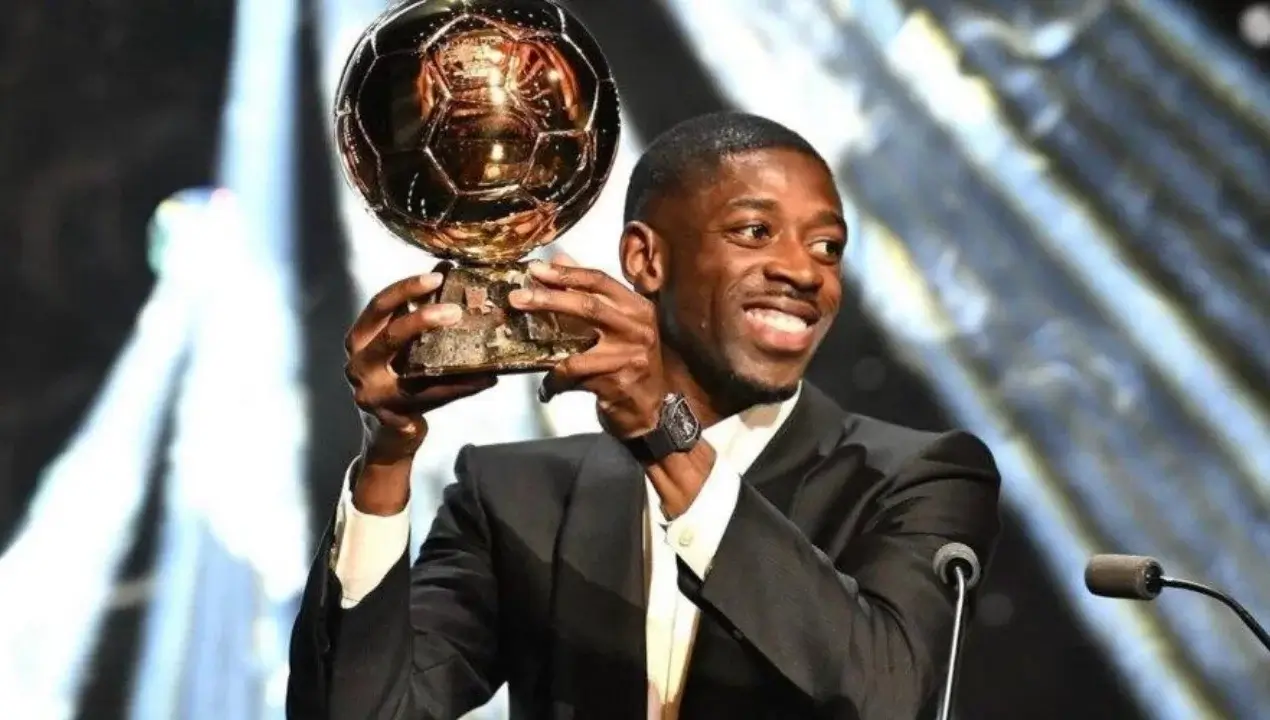
Yamal’s Future, Dembélé’s Present
While some argue for Yamal, and he certainly enhanced the Champions League spectacle, deservedly retaining the Kopa Trophy for best young player, his Barcelona teammate Raphinha was named La Liga’s Player of the Season, and Pedri voted Best Barcelona Player of 2025 by their former players. Yamal’s time will undoubtedly come, but this year belonged to Dembélé. The Ballon d’Or is a brutal, year-long challenge, evidenced by the fact that legends like Andrés Iniesta, Xavi, Paolo Maldini, and Thierry Henry never won it.
Despite the inevitable social media debates and conspiracy theories, the voting process is objective, with no communication or lobbying between jurors. The award matters immensely to players, clubs, and fans, and while Salah had a fantastic Premier League season, Dembélé’s year was simply more headline-grabbing and impactful on the grandest stages.
Clutch Moments: The Mark of a Champion
Beyond raw statistics, it’s the high-profile, “clutch” moments that truly define games, campaigns, and awards. Dembélé’s case is powerfully built on video evidence of his decisive goals in crucial away legs against Liverpool and Arsenal. He was the heavyweight who delivered knockout blows.
- At Anfield: PSG’s No. 10 masterfully exchanged passes with Bradley Barcola, surged into the six-yard box, and outmaneuvered Ibrahima Konaté, Dominik Szoboszlai, and Alisson to score.
- At the Emirates: Dembélé ghosted past Gabriel Martinelli, met Nuno Mendes’ angled pass, accelerated, slipped the ball to Kvaratskhelia, evaded Declan Rice, and fired a left-footed shot from the edge of the area. He then calmly converted his penalty right-footed in the shootout.
These moments highlight his ability to be a bolt of lightning, a forward holding things together, and a genuine game-changer. His prolific work in PSG’s French title win, though less arduous, and goals against Bayern Munich and Real Madrid in the Club World Cup, also contributed, but it was his elite European performances that sealed his fate.
Operating as a false nine and a constant goal threat under Luis Enrique, Dembélé showcased athleticism, technique, clever movement, and a keen eye for goal. His immense work ethic, two-footed finishing, and strong mindset—a narrative of redemption after his struggles at Barcelona—all factored into his success. His tears upon accepting the award, expressing gratitude to his family, were genuinely moving, reflecting a journey back to the top.
A Stellar Year, Not a Redemption Arc
For this juror, however, the Ballon d’Or is not about a player’s long-term journey of self-discovery, no matter how romantic. It’s about “right here, right now”—one glorious 12-month period. Kylian Mbappé’s departure for Real Madrid saw Enrique push Dembélé centrally, demanding more goals, and the player responded magnificently.
After Dembélé (15 points) and Yamal (12), I awarded 10 points to PSG midfielder Vitinha, whose supreme Champions League performances and Nations League success were key. Salah received eight points, followed by Raphinha with seven. I correctly predicted the top five and seven in the final ranking. For the remaining five, I voted Achraf Hakimi (five points), Mbappé (four), Mendes (three), Harry Kane (two), and Scott McTominay (one).
Objectivity is paramount. While some might expect an English judge to vote for an Englishman, if a player hasn’t dominated the headlines or the Champions League, it’s hard to make a compelling case. I was surprised Cole Palmer (eighth) placed ahead of Harry Kane (13th), who had a fantastic season for Bayern Munich (41 goals, 13 assists). Palmer’s Conference League and Club World Cup performances likely elevated him, but he also experienced a fallow period after Christmas. McTominay, though not among the world’s best, had the season of his life, underpinning Napoli’s Scudetto and earning Serie A MVP honors, ultimately finishing 18th.
In other categories, I voted Gianluigi Donnarumma for the Yashin Trophy (best keeper), Luis Enrique for the Johan Cruyff Trophy (Coach of the Year), and PSG for Club of the Season. It was undoubtedly PSG’s year, and most emphatically, it was Ousmane Dembélé’s year.

